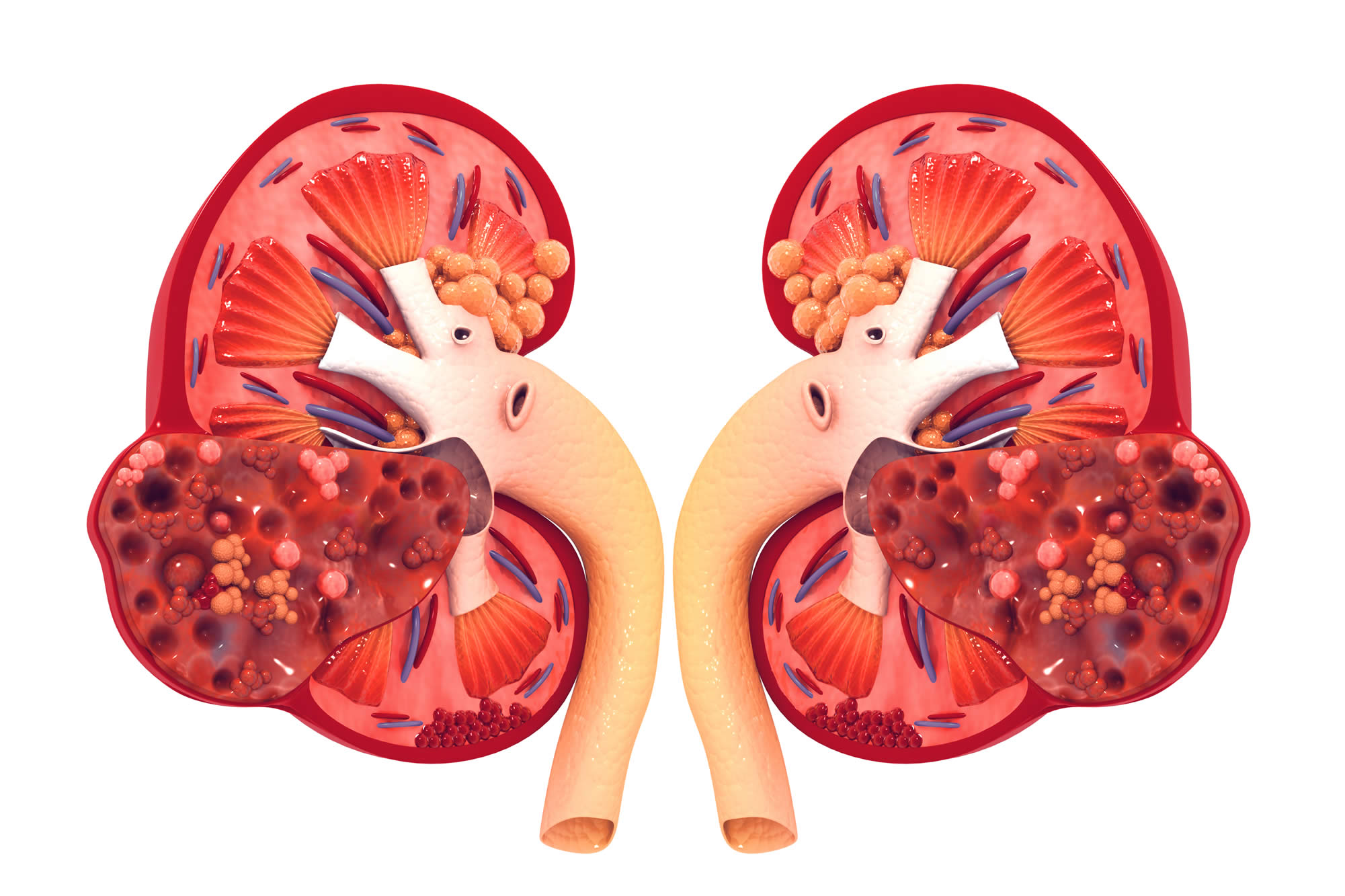| Name | Kidney Disease |

Kidney Disease
What is kidney disease?
Our kidneys are two bean-shaped organs that act as a waste disposal system in our body. Under normal circumstances, our kidneys filter our blood 12 times per hour. Excess water in the blood and unwanted chemicals and urea and other harmful chemical wastes in the urine are excreted from the body along with the urine. Kidney disease damages our kidneys and does not filter our blood effectively.
What are the symptoms of kidney disease?
Kidney disease is called 'silent disease' because often the symptoms of this disease do not show or are found in a very short range. In fact, we can lose up to 90 percent of our kidney function before experiencing any symptoms. Symptoms of kidney disease include the following signs and symptoms:
-
Changes in the frequency and volume of our urine, especially at night (usually first increase)
-
Blood in our urine (Hematuria)
-
Changing the appearance of our urine
-
Edema around our feet and ankles
-
Pain in our back (below the lower ribs, where the kidneys are located)
-
Pain or burning sensation when urinating
-
High blood pressure
In addition, when our kidneys begin to fail, harmful wastes and excess fluid accumulate in our blood, which can cause the following symptoms:
-
Fatigue and inability to concentrate
-
Usually feeling sick
-
Anorexia nervosa
-
Nausea and vomiting
-
Weakness of breath
-
Itching
-
Bad breath and metallic taste.
What is the treatment of kidney disease?
If this problem is detected early enough, the progression of kidney disease can be slowed down and sometimes even prevented. Early diet and proper medication can help increase our kidney function. If the kidney function is less than 10 percent of normal, then we need dialysis or a kidney transplant. Kidney dialysis is a special treatment that filters the blood through a special membrane (fine filter) to remove harmful waste products and excess water from the blood.
Risk factors for kidney disease
We have a higher risk of developing chronic kidney disease if we have these health problems:
-
High blood pressure
-
Diabetes
-
Heart problems (heart failure or past heart attack) or stroke
-
Obesity or weight gain
-
Age over 60 years
-
Someone in the family has or had a kidney problem
-
Smoking
-
Previous history of additional kidney injury
-
Indigenous or Torres Strait Islanders
Prevention of kidney disease
Kidney disease can be prevented or delayed by taking medication and lifestyle changes on the advice of a nephrologist. The following habits can help our kidneys function better:
-
Eat lots of fruits and vegetables including legumes
-
Grain-based foods such as bread, noodles, and rice
-
Eat lean meats such as chicken and fish every week
-
Eat lean meats such as chicken and fish every week
-
Eat small amounts of salty or fatty foods Drink plenty of water instead of other beverages
-
Reduce the use of sugary soft drinks Maintain a healthy weight
-
Exercising at least 30 minutes every day five days a week or more increases our heart rate. Eg walking, gardening, biking, swimming or gentle aerobics
-
If you do not smoke, do not start. And if you are a smoker, then refrain from smoking
-
No or limiting alcohol drinking
-
Check blood pressure regularly.
Regular contact with the doctor.


 Bangla
Bangla English
English